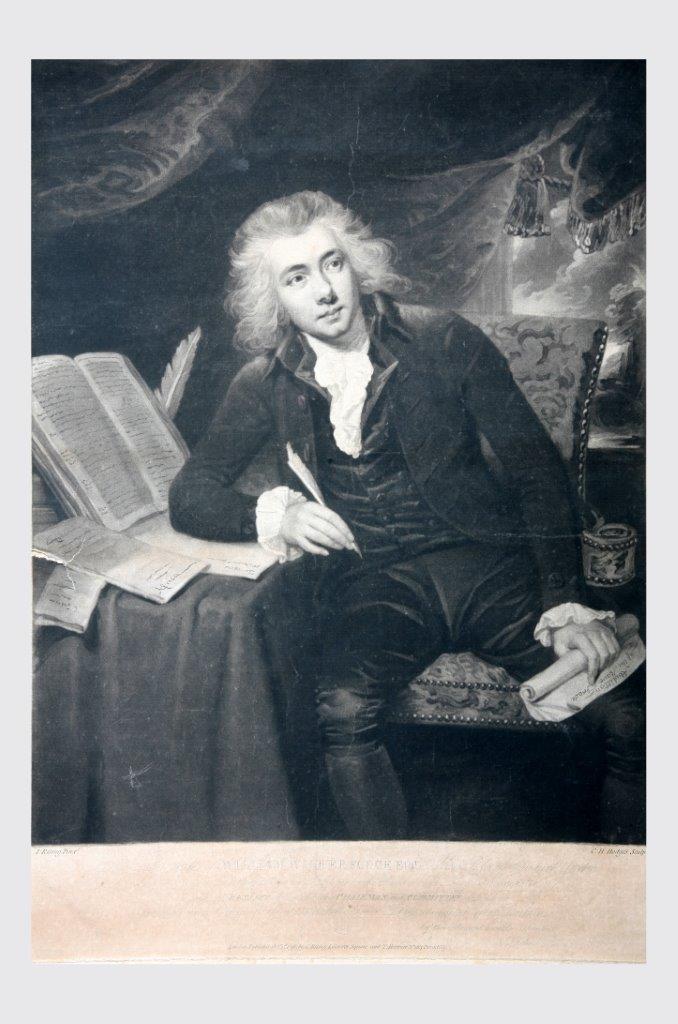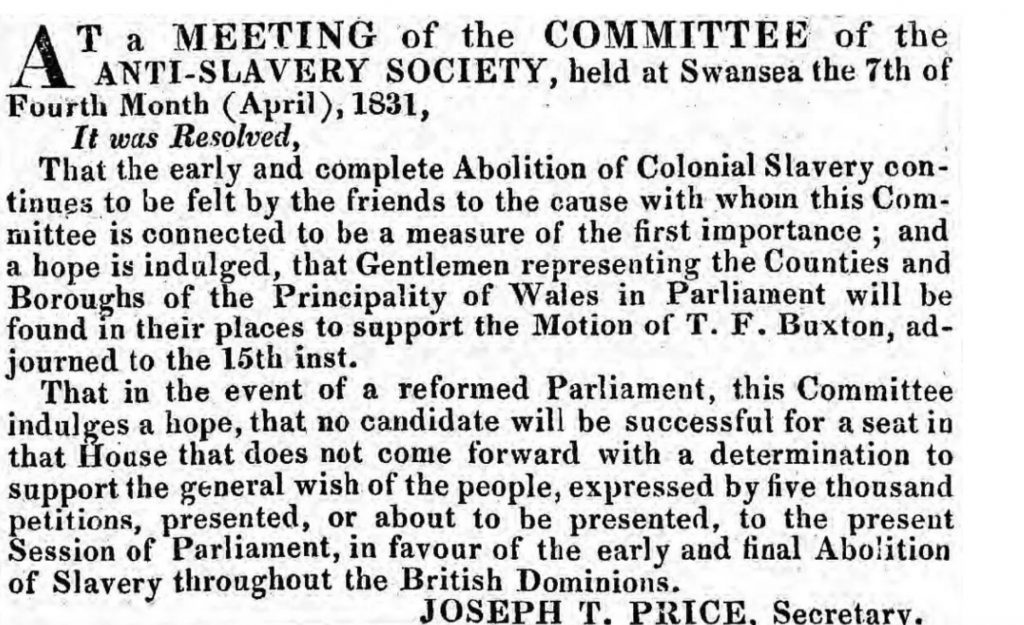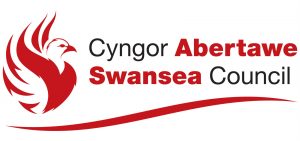Engraved by Charles Howard Hodges 1792 after the original portrait by John Rising which hangs in Wilberforce House, Hull.
Hull-born, William Wilberforce (1759-1833) was the son of a wealthy merchant.
The abolitionist Thomas Clarkson exerted a huge influence on him. For 18 years, Wilberforce introduced anti-slavery motions in Parliament. In 1807, the slave trade was abolished.
Wilberforce’s activities echoed the abolitionist movement in Swansea: Clarkson visited Swansea in July 1824 and left in his wake an ardent Anti-Slavery Society in Swansea and Neath. This included Quaker Joseph Tregelles Price, Sir John Morris, Lewis Weston Dillwyn and the Portreeves. Price organised petitions to be sent to the Houses of Parliament between 1823 and 1833.
In 1833, an act was finally passed giving freedom to all slaves in the British Empire.
Richard Glynn Vivian Bequest, 1911



